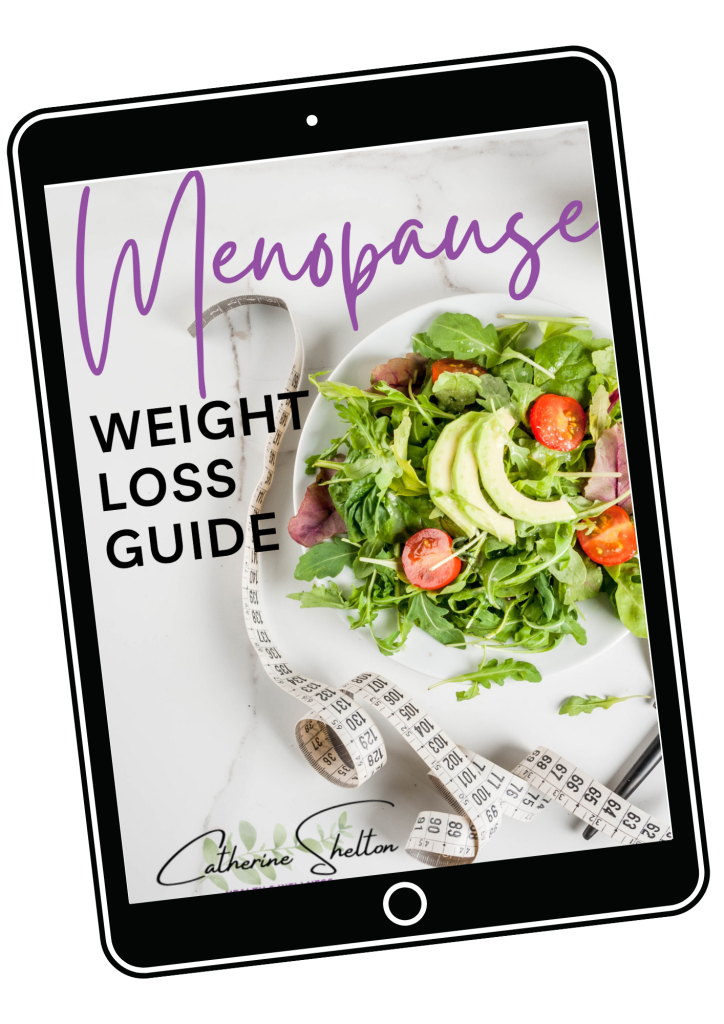New Year’s Resolutions don’t work!
We all start off on the first of January with good intentions. We stock up on healthy food. Perhaps we sign up for the local gym. Or we put on those running shoes and heave ourselves off the sofa.
But a third of us won’t make it past the first month, and ultimately only 8% actually make it to the end of the year.
Why? Well, the main reason is that our resolutions are too vague: “Lose weight”, “Get organised”, “Be happier”. What do those actually mean?
Instead, why don’t you try setting two or three SMARTER goals?
(You may have already heard of SMART goals and are wondering what the extra ER stands for!)
What are SMARTER goals?
SMART goals are: Specific, Measurable, Achievable, Relevant, Time-bound, Exciting, and Rewarded.
Specific: Is the goal clear enough or do I need to make it more precise?
Measurable: How will I know when I’ve achieved my goal and how will I know how close I am to achieving it along the way? How can I measure and track my progress?
Achievable: Even though it might be challenging, is this goal practically possible? Can I break the goal down into smaller steps that are manageable on a daily or weekly basis? Will I actually be able to reach the end goal?
Relevant: It’s good to aim high and push myself, but it needs to be worthwhile. Does this goal fit into my priorities for this year? Will this goal help me move towards a bigger picture that I’ve set for myself? Does it align with my values?
Time-bound: Can I set a date by which the goal has been achieved, so I have a clear finish time? It might be 3 months or it might be the whole year, but will I have a date to work towards in my diary?
Exciting: Does this goal sound inspiring to me? Is the goal exciting enough to help me keep going when things get tough? How badly do I want to achieve this goal?
Rewarded: What will be my reward, whether it’s internal or external, when I achieve this goal? Do I need to add another layer of reward to give me that extra motivation to keep going?
Example
OK, so how might that work out in practice? L
S – Specific. I want to train to a level of fitness where I can run a 10K.
M – Measurable. I know I’ll have achieved my goal when I complete a 10K race and cross the finishing line. To check that I’m on track, I’ll set a date halfway through to run a 5K race.
A – Achievable. I’m reasonably healthy, just not fit, so yes, this should be a realistic goal for me. I have time to complete a 10K training plan for beginners leading up to the race, and I’ll be able to make time for the training in my schedule.
R – Relevant. I want to get fit and healthy and have more energy. Training for this 10k race will help me in all three areas. I like the idea of being the kind of person who is able to run that distance.
T – Time–bound. I will sign up for my local 10K race that’s taking place on October 4th this year. The date is already in the diary!
E – Exciting. I watched the 10k race last October and it looked like a lot of fun. I’m quite excited to think that it might be me this time, being cheered on by the crowd and having a finisher’s medal hung around my neck.
R- Rewarded. Finishing the race will be reward enough, but I’ll also book myself in for a massage the day after the race, so I’ll have that to look forward to as well.
There! Don’t you feel more inspired already? That’s a goal that you can stick to, and at the end of the year, you’ll be able to look back with pride at what you’ve achieved.
Now, sometimes what we want is not a goal but a new habit. Watch out for another post about how to form great habits – coming soon!
What are your goals this year? Share them in the comments below!

GRAB YOUR FREE MENOPAUSE WEIGHT LOSS GUIDE!
Are you finding the pounds are gradually creeping on? Are you frustrated because the usual trick of ‘eat less, move more’ just isn’t working anymore?
In this guide, I explain why women often gain weight in perimenopause, and I give you 3 simple tips so you can start to turn that around right away!
Disclaimer: This information is for educational purposes only and does not replace advice given by your primary care provider. Please see your doctor if you’re considering making substantial changes to your diet and lifestyle.








Leave a Comment